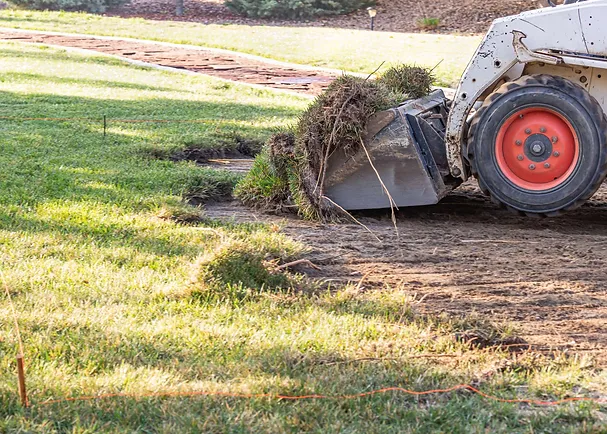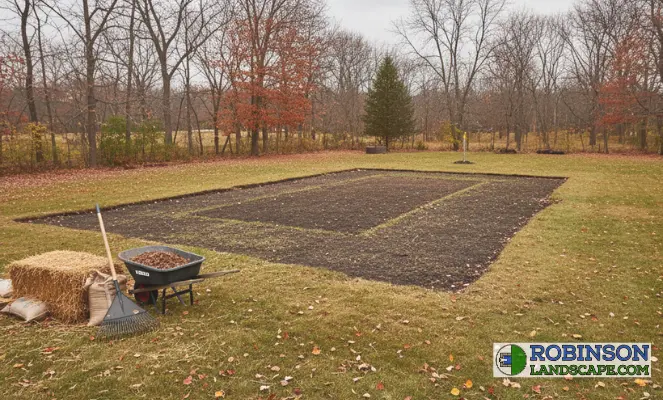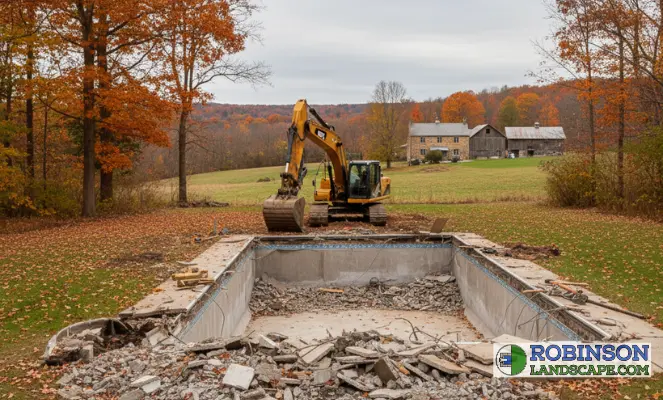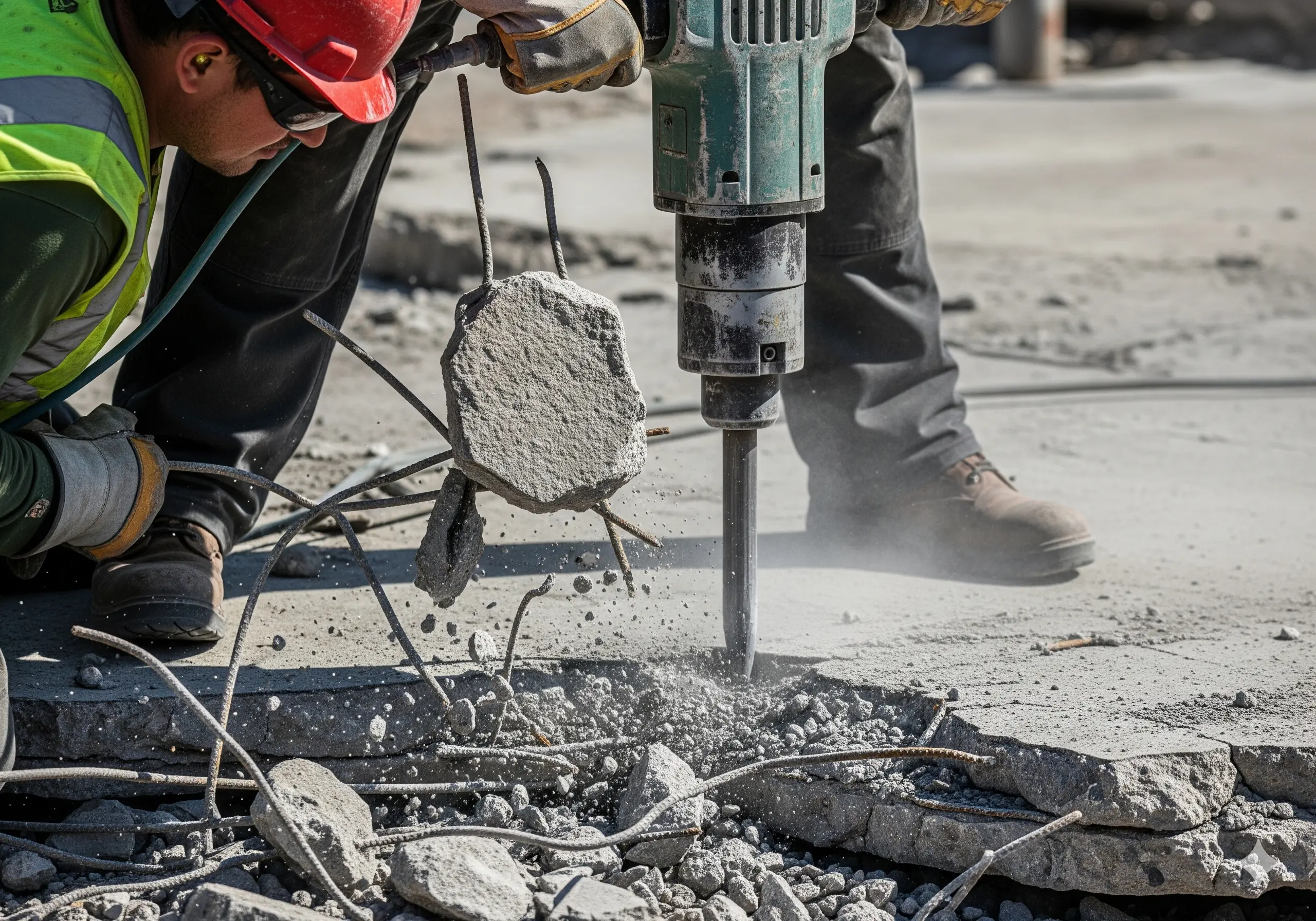If you’re a pool owner, you may have started to feel the weight of the responsibility that comes with maintaining it. Pool ownership is not all fun and games; it requires time, money, and effort to keep the water clean and the equipment in optimal condition. But have you ever considered the option of removing your pool altogether? In this article, we will explore the top 10 reasons why removing your pool may be a wise decision.
Understanding the Need for Pool Removal
The Hidden Costs of Pool Maintenance
Maintaining a pool may seem like a straightforward task, but the truth is that the costs can quickly add up. From chemicals to equipment repairs and energy expenses, the financial burden of pool ownership can become overwhelming. Removing your pool can save you significant amounts of money in the long run, providing relief for your bank account.
Additionally, the time and effort required for pool maintenance should not be underestimated. Cleaning, balancing chemicals, and regular inspections all demand a significant portion of your time. By opting for pool removal, you not only save money but also free up your schedule for other activities and responsibilities.
The Impact of Pools on Property Value
You might assume that having a pool increases your property value. While that might be true for some potential buyers, there is a significant portion of the market that sees pools as a liability. Research shows that pools can deter certain buyers due to safety concerns, maintenance costs, and potential limitations in the use of the outdoor space. Removing your pool could make your property more appealing to a wider range of buyers, increasing its market value.
Moreover, the space occupied by a pool can be repurposed in creative ways to enhance your property’s overall appeal. Whether you choose to create a lush garden, a cozy outdoor seating area, or a playground for children, the possibilities are endless once the pool is removed.
The Environmental Implications of Owning a Pool
Swimming pools consume vast amounts of water and energy. Heating, filtration, and evaporation all contribute to your pool’s impact on the environment. By removing your pool, you can significantly reduce your carbon footprint and promote sustainability. It’s a small change that can have a big impact on the planet.
Furthermore, the chemicals used to maintain a pool can have harmful effects on the environment if not properly handled and disposed of. By eliminating the need for these chemicals through pool removal, you contribute to a healthier ecosystem in your local area.
Detailed Reasons for Pool Removal
Pool Removal for Safety Concerns
The safety of your family and visitors should always be a top priority. Accidental drownings are a tragic reality, and even with all the safety measures in place, accidents can still happen. Removing your pool eliminates the risk of such accidents, providing a safer environment for everyone.
The Time Commitment of Pool Upkeep
Pool maintenance requires a considerable amount of time and effort. From testing and balancing the water to cleaning filters and skimming debris, it can quickly become a chore that consumes your weekends. By removing your pool, you reclaim that time and can focus on other activities that bring you joy and relaxation.
The Financial Burden of Pool Ownership
As mentioned earlier, pools come with significant financial costs. From opening and closing the pool each season to constant repairs and replacements, the expenses can quickly drain your wallet. By removing your pool, you free yourself from these ongoing expenses, allowing for more financial flexibility.
The Space Consumption of a Pool
Pools take up a significant portion of your outdoor space, limiting the possibilities for landscaping and other activities. By removing your pool, you can reclaim that space and create a more versatile and functional outdoor area for your family to enjoy.
The Issue of Underutilization
Another reason to consider removing your pool is if you find it is not being used as much as you initially anticipated. Often, pools lose their novelty over time, and families find themselves using them less frequently. If that’s the case for you, removing the pool can free up space for other amenities that better suit your family’s interests.
Moreover, removing a pool can also have environmental benefits. Pools require a significant amount of water to fill and maintain, which can put a strain on local water resources, especially in areas experiencing drought. By removing your pool, you contribute to water conservation efforts and help ensure a more sustainable future for your community.
Additionally, the removal of a pool can enhance the aesthetic appeal of your property. While pools can be visually appealing, they may not always blend seamlessly with the overall design and style of your home. By removing the pool, you have the opportunity to create a more cohesive and visually pleasing outdoor space that complements the architectural features of your house.
The Process of Pool Removal
Evaluating the Cost of Pool Removal
Before diving into pool removal, it’s important to understand the associated costs. Factors such as the size of the pool, its location, any additional features, and the type of material used for construction will impact the overall cost. For example, removing a concrete pool might be more expensive than removing a vinyl or fiberglass pool due to the labor and equipment required.
Robinson Landscape will help you determine a budget and what to expect during the process, ensuring there are no hidden costs along the way.
Additionally, it’s essential to consider any permits that may be required for pool removal in your area. Permit costs can vary depending on local regulations and the complexity of the removal process. Working with professionals who are familiar with the permitting process can help streamline the project and prevent any delays or fines.
Steps Involved in Pool Removal
Pool removal is a multi-step process that requires careful planning and execution. The first step typically involves draining the pool to prepare it for demolition. Once the pool is empty, the structure will be demolished using specialized equipment and techniques. Proper disposal of the debris is crucial to ensure environmental compliance and safety.
Depending on your preferences and future plans for the space, you can choose between partial or complete pool removal. Partial removal involves breaking up the pool structure and burying it on-site, while complete removal involves hauling away all debris and backfilling the space. Hiring experienced professionals will ensure that the pool removal process is done safely and efficiently, minimizing any potential damage to surrounding structures or landscaping.
Life After Pool Removal
Landscaping Ideas for Your Newfound Space
Once your pool is removed, you open up endless possibilities for landscaping your newfound space. From lush gardens to outdoor kitchens or play areas for children, the options are vast. Consult with a landscape designer to create a beautiful and functional outdoor space that perfectly fits your needs and preferences.
Imagine the transformation that can take place in your backyard once the pool is gone. You could have a cozy fire pit surrounded by comfortable seating, perfect for cool evenings with friends and family. Or perhaps a serene water feature like a small pond or fountain could become the focal point of your new outdoor oasis. The removal of the pool opens up a world of creativity and design opportunities to make your backyard truly unique.
The Benefits of a Pool-Free Backyard
Living pool-free has numerous advantages. You’ll experience significant savings in terms of time, money, and the environment. You’ll also have a more secure property, with fewer safety concerns to worry about. Lastly, you’ll have the freedom to design an outdoor area that truly reflects your lifestyle and creates a haven for relaxation and enjoyment.
With the pool gone, you’ll no longer have to deal with the maintenance costs and time-consuming tasks that come with pool ownership. Instead, you can focus on landscaping ideas after pool removal that transform your yard into a beautiful, functional, and low-maintenance space. Consider sustainable landscaping practices, such as planting native species, incorporating drought-resistant plants, or adding features like patios, fire pits, or garden beds. These upgrades not only enhance the beauty of your home but also reduce your environmental impact.
Overall, removing your pool is a decision that requires careful consideration, but it can bring numerous benefits. From financial relief to increased property value and a more sustainable lifestyle, pool removal opens up new opportunities for your backyard. Consult with professionals in pool removal and landscaping to guide you through the process and help you create the outdoor space of your dreams. Remember, removing your pool doesn’t mean you’re losing out—it means you’re gaining a whole new world of possibilities.

Tim Robinson is the owner of Robinson Landscape LLC, proudly serving Bucks and Montgomery Counties for over 24 years. Known for his strong work ethic, clear communication, and reliability, Tim brings passion and professionalism to every job. When he’s not working, he enjoys time with his wife, two kids, and their family dog.





